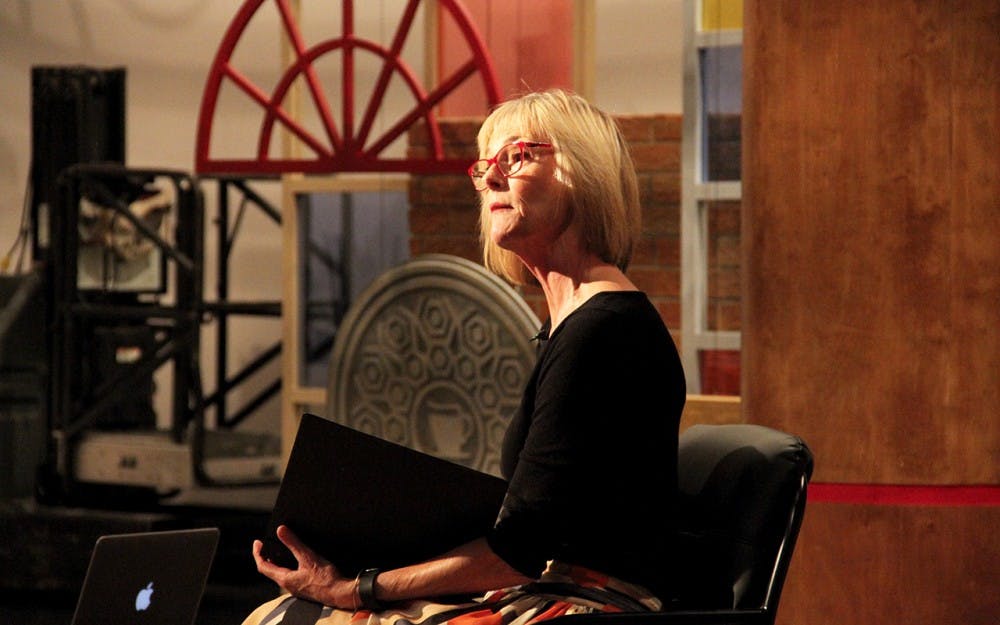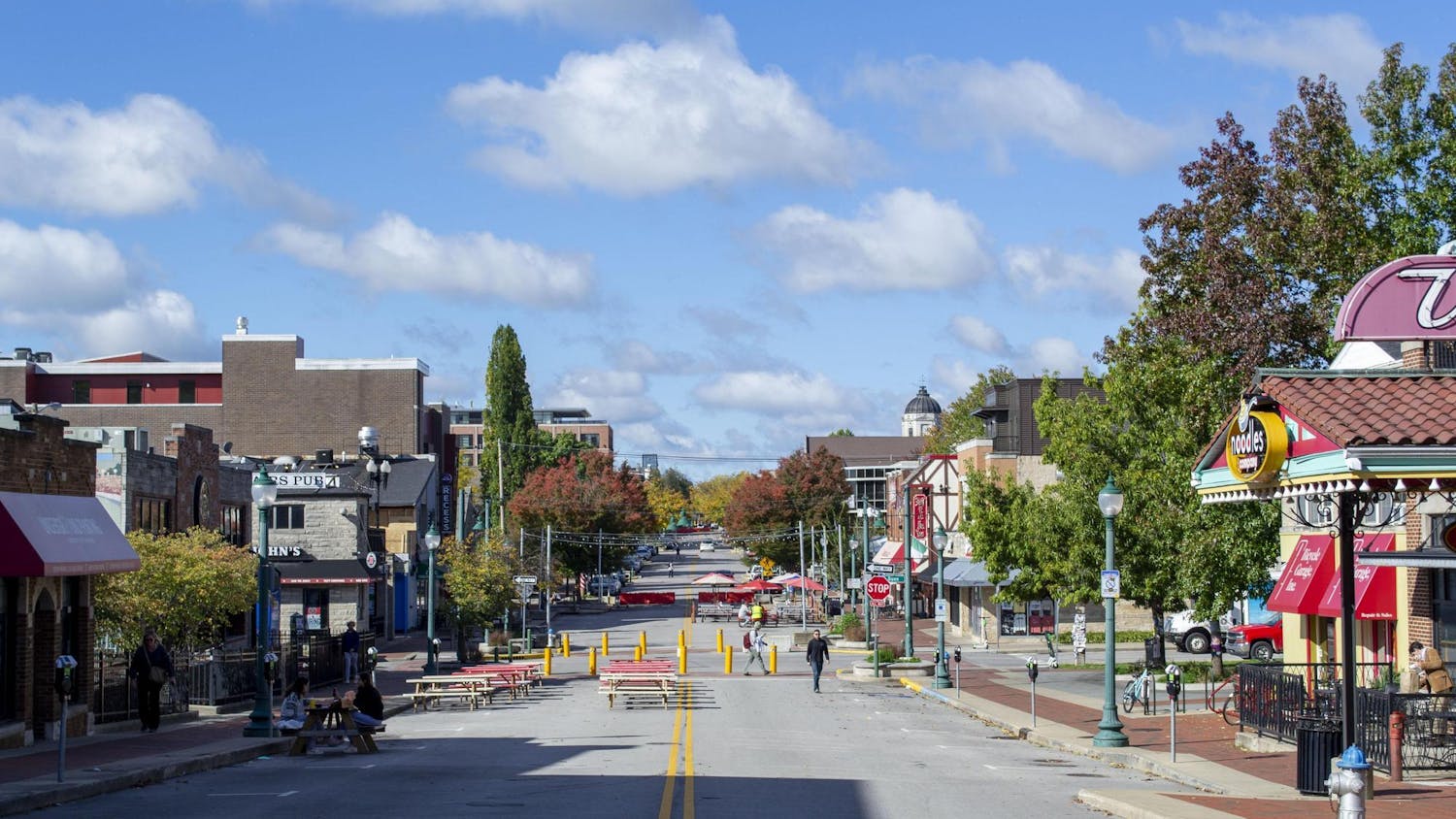The Democratic and Republican candidates for lieutenant governor came to WFIU on Monday night to discuss their campaigns’ views on arts and culture in Indiana after the School of Public and Environmental Affairs’ Arts Administration Program extended invitations.
“What these women have to say about the arts is going to largely reflect on the policy of their governor candidate,” Michael Wilkerson, director of Arts Administration Programs said.
Both Democrat Christina Hale and Republican Suzanne Crouch were in favor of using the arts to support economic, educational and community growth in Indiana. Hale made a point to mention the positive connection between arts and the younger generations. Crouch emphasized the state’s obligation to promote arts at the community level.
Moderator Joe Hren said Libertarian candidate Karl Tatgenhorst was also invited but never responded to the invitation.
Although graduate student Sean Benolken said the debate didn’t drastically change his opinion of either candidate, he thought it was interesting to hear from both sides on their opinions of arts in government.
Benolken studies Cultural Policy through SPEA. He said he is more familiar with the policies in the Chicago area but was able to compare the city’s policies to the state of Indiana.
It was nice to hear the candidates use their knowledge and talk about putting what they know to practical use in Hoosiers’ day-to-day lives, Benolken said.
“The arts are based off collaboration, and the workforce is evolving to become a very collaborative workforce,” Benolken said.
Hale liked that the event focused on ideas, rather than the behaviors of opposing candidates, which she said is what she saw in other recent debates.
She opened the debate by connecting Indiana’s policies on the arts to popular culture.
When John Green’s “The Fault in Our Stars” began filming, the production staff wanted to shoot scenes in Indianapolis where the book is set. However, the plan was scrapped because Indiana has no current tax incentives for filmmakers, Hale said.
As a member on the Heartland Film Festival board, Hale said she also experienced conflict between Indiana’s policies and growth of the arts when trying to find a new director for the Indianapolis film event.
She said many qualified candidates refused the job, and even the man who agreed was concerned about how Indiana would treat him because he was gay.
Hale also said adding culture to Indiana would help grow the economy and encourage more people to move to the state.
“The arts and culture, it’s about creating a place where people would like to live,” Hale said. “There are better, smarter ways we can approach this.”
In her opening statement, Crouch talked about her experiences with the arts throughout her school years.
She brought that experience to the Statehouse when she authored a bill to promote music therapy.
“I don’t know this for sure, but I may be the only state representative to ever sing a bill on the floor of the House,” Crouch said. “And of course my colleagues joined in by unanimously chorusing ‘Aye’ at the end.”
Crouch also discussed the Regional Cities Initiative. This project picked the north central, northeast and southwest areas of the state and offered funding to develop new projects. These included renovating performance centers, adding new galleries and creating cultural education opportunities.
“Arts and culture are crucial to enhancing the quality of place,” Crouch said.
Instead of broadcasting the debate live, WFIU recorded the remarks and will air them on their radio station at 8 p.m. Wednesday before the final presidential debate.




